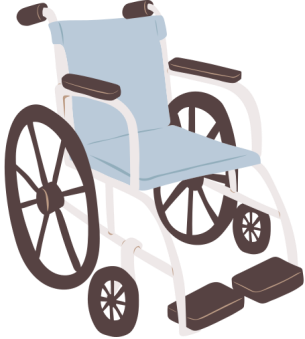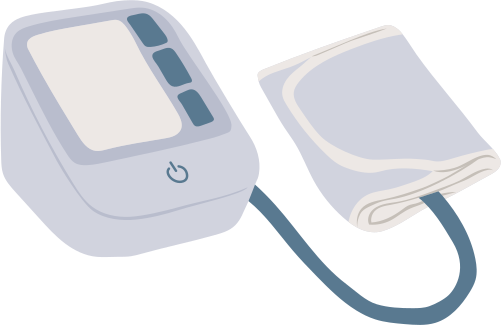Supporting carers in secondary care
Secondary care staff are uniquely placed to identify and offer support to unpaid carers. Caregiving is increasingly being recognised as a social detriment to health (Public Health England) and so, by taking steps to support carers early and robustly, we can help prevent avoidable admissions and improve health outcomes for both carers and their loved ones.
As we’ve just seen, public bodies including local councils and the NHS, have legal duties to support unpaid carers, but notwithstanding just complying with legislation, including carers in decision making can have further benefits including improving care planning and reducing failed discharges.

Unpaid carers are experts in their loved one’s needs. They will know what is likely to motivate them to engage with treatment.

Having unpaid carers present on wards can reassure the patient and help them cope with an unfamiliar hospital environment.

Carers may know what is likely to be realistic once the patient is home.

Improved communication can result in fewer failed discharges.

Smoother discharges reduces the cost of delays in transfers of care.

Helping carers to receive support earlier in their caring journey can safeguard their own wellbeing and help prevent carers breakdown.
Click on the icons above to see how involving unpaid carers can benefit secondary care.
